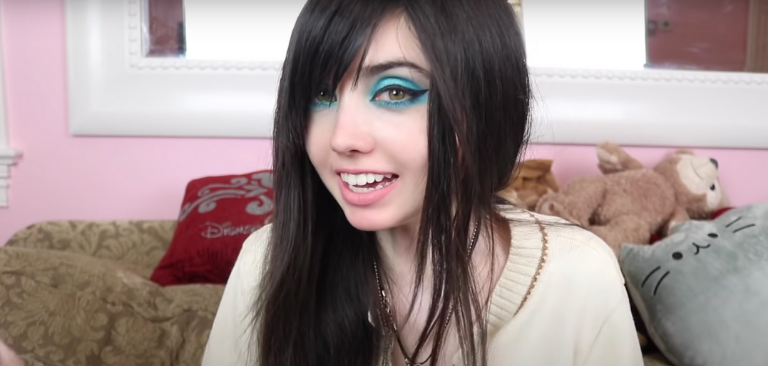Cancel culture has taken an even nastier turn than usual, calling for Big Tech to ban a YouTuber for a medical disorder.
Multiple content creators on YouTube have signed a petition calling for the de-platforming of Eugenia Cooney, a popular YouTuber who appears to have an eating disorder. But, as in most cases, de-platforming her would amount to discrimination and, according to experts, it will not help as depriving her of her livelihood would likely make things worse.
Cooney, 26, has been uploading content on her channel since 2011. Over that period, she has amassed a huge following; her channel has more than 2 million subscribers.
However, she is often criticized about her appearance, with critics alleging she has an eating disorder. She confirmed it in 2019 when she took a five-month break to seek treatment. Somehow, critics believe that deplatforming here, depriving her of her income and creative outlet would somehow help.
Her critics are still on her case, with their latest move being a petition calling on Twitch, YouTube, and Instagram to suspend her accounts to allow her to get “the help she so desperately needs.” The petition had more than 41,000 signatures at press time.
The petition reads:
“Since July of 2019 there has been a steady decline in Eugenia’s physical appearance. Eugenia has stated that she weighs 38.8kg/84lbs at a height of 170cm tall or 5’7. Using the Body Mass Index scale, that gives Eugenia an estimated BMI of 13.1. According to the Body Mass Index scale, a score of anything below 18 is considered to be underweight. Given this information it is clear that Eugenia is suffering from a life threatening eating disorder and, at this time, is denying that she needs any help.”
Social media platforms do restrict or remove content that encourages eating disorders. However, Cooney’s content is not related to eating, neither does she directly encourage her fans to eat less. Additionally, de-platforming her based on her appearance could be deemed discriminatory.
While some of the people signing the petition might think they have good intentions, they may be doing more harm. According to Thomas Italiona, a clinical psychologist who specializes in eating disorders, even well-intentioned messages, be they positive or negative, can have a significant impact on someone with a mental health issue such as anorexia.
“It’s very hard to connect with a sense of care in those messages,” Italiano explained. “Because ultimately if you are in a place where your self-esteem is low, you doubt yourself, and someone is telling you to change or that you look unwell, that might come across as more of an attack.”
Responding to the petition, Cooney said:
“It’s sad that some people are so devoted to trying to bring others down that they go as far as to spread petitions to take someone off the internet and try to disguise it as doing something good when they are really just filled with hate and jealousy. Rather than attacking and finding problems with others, some people should focus on their own issues.”








